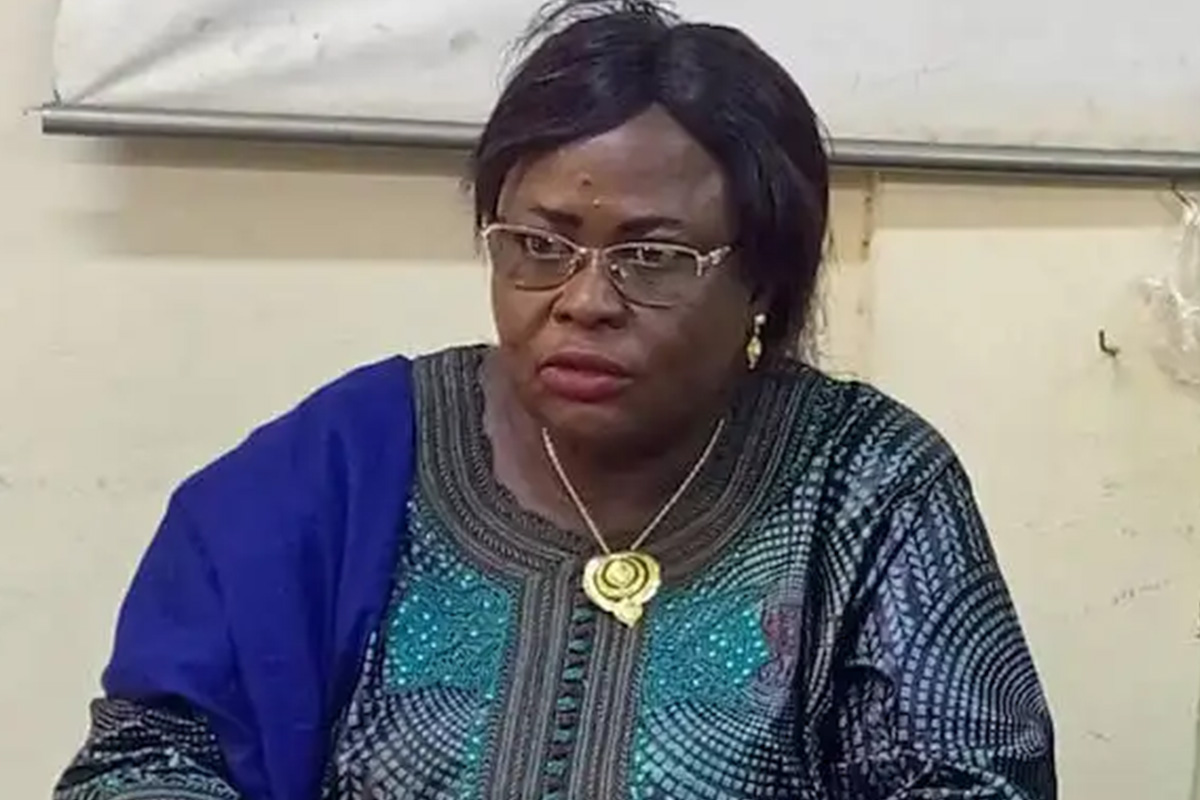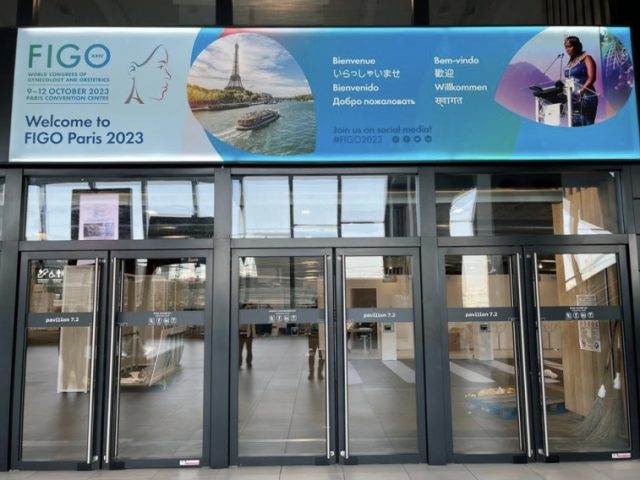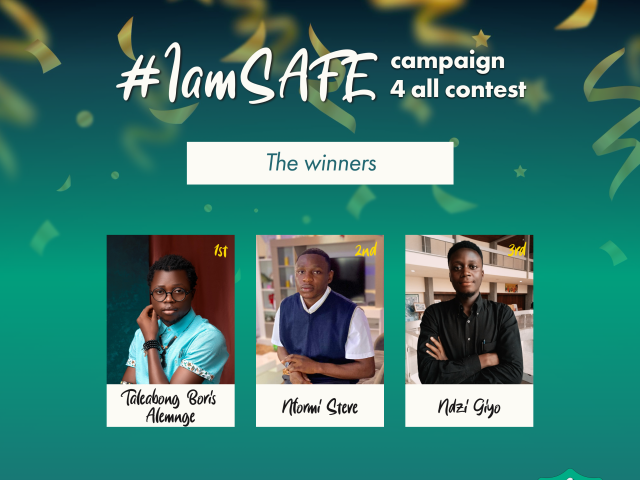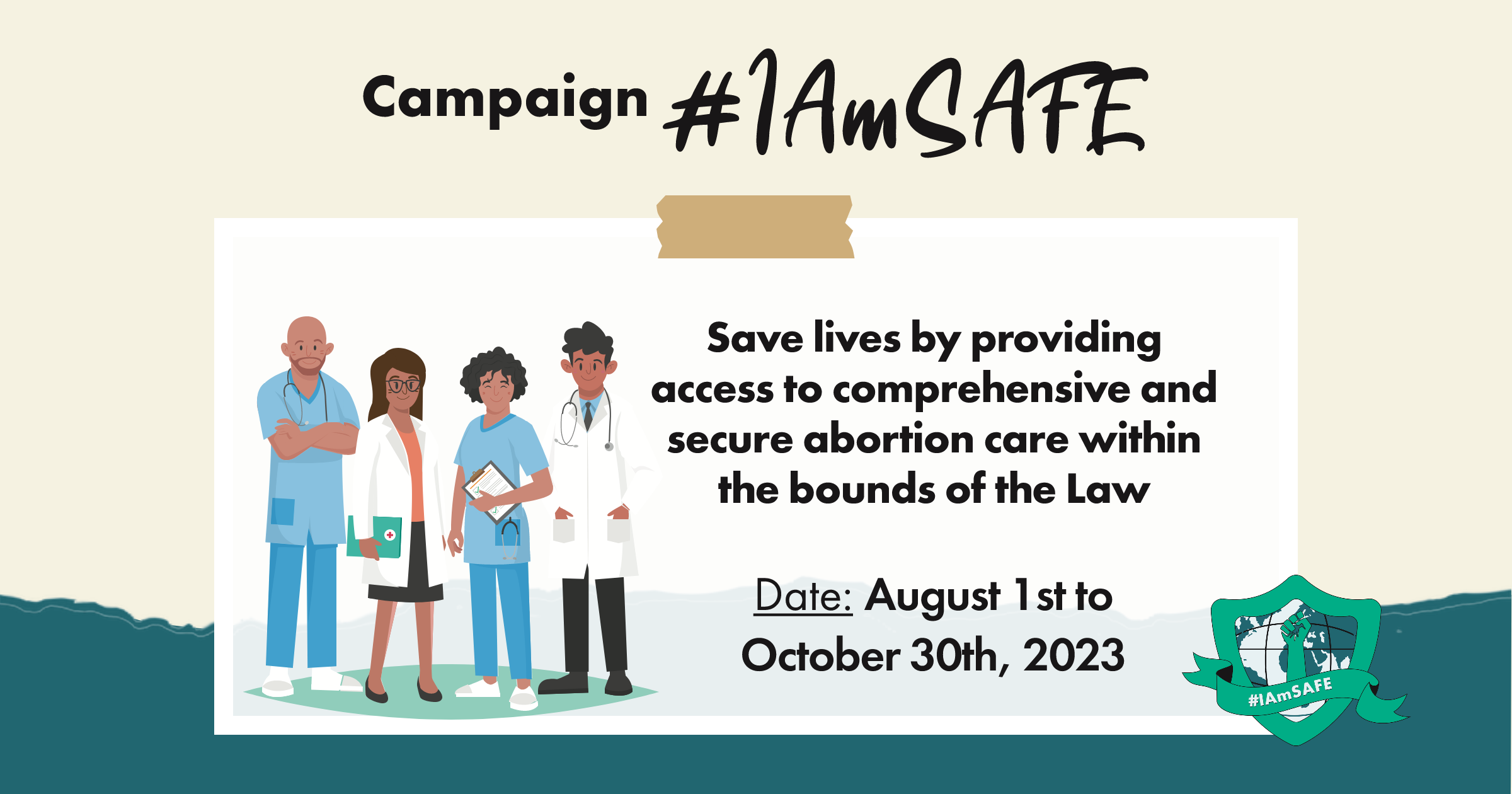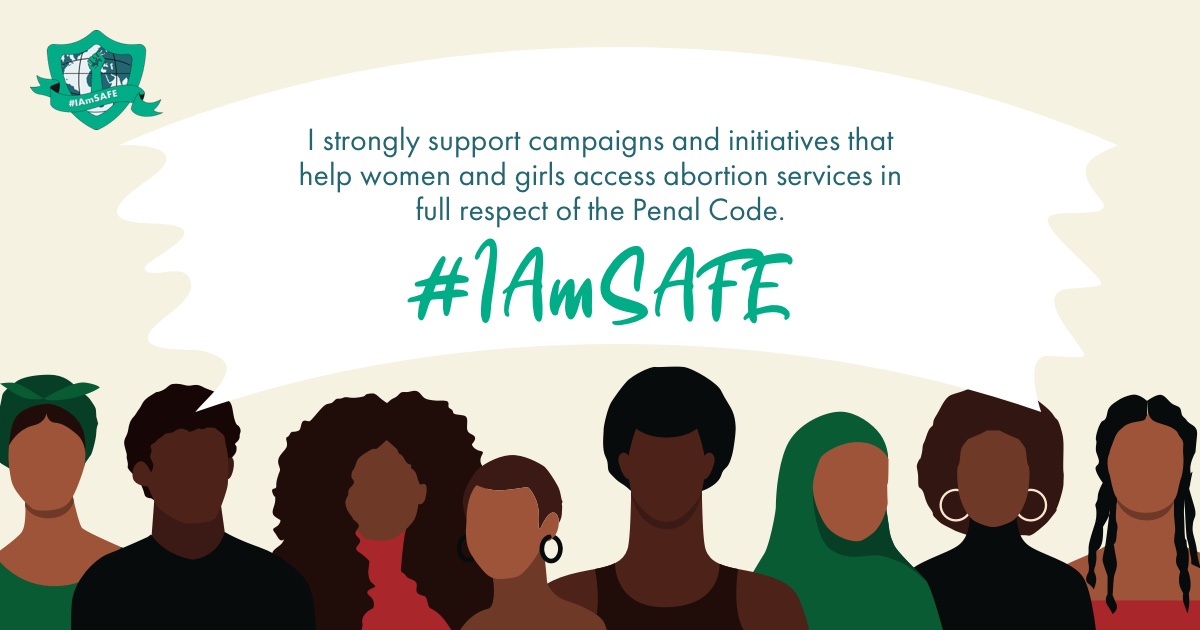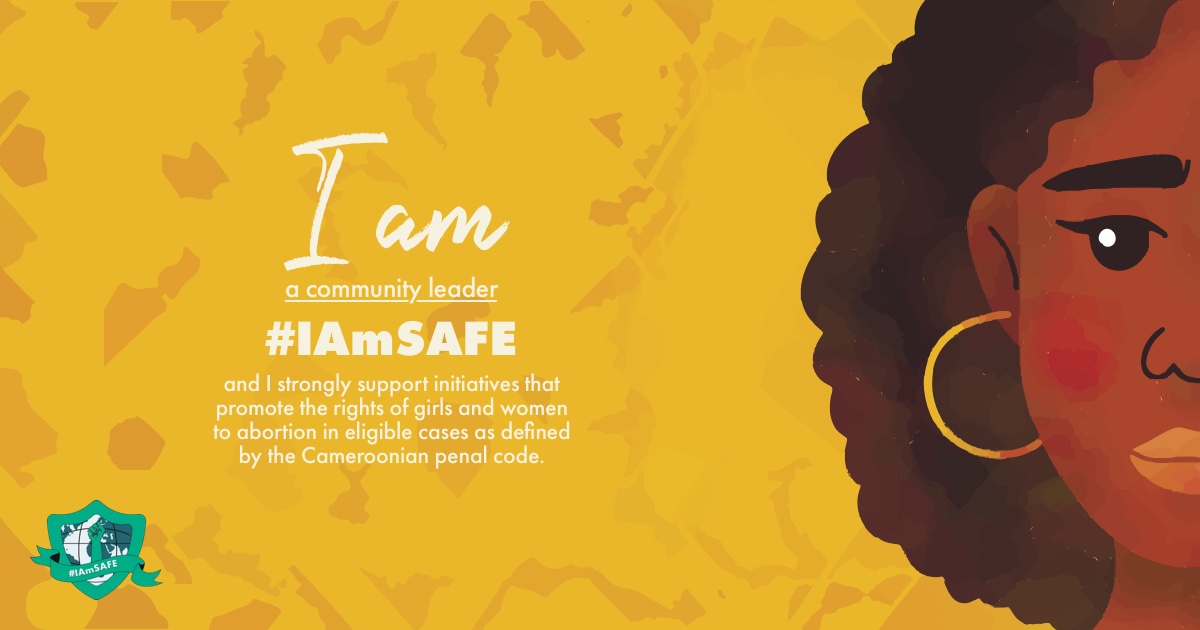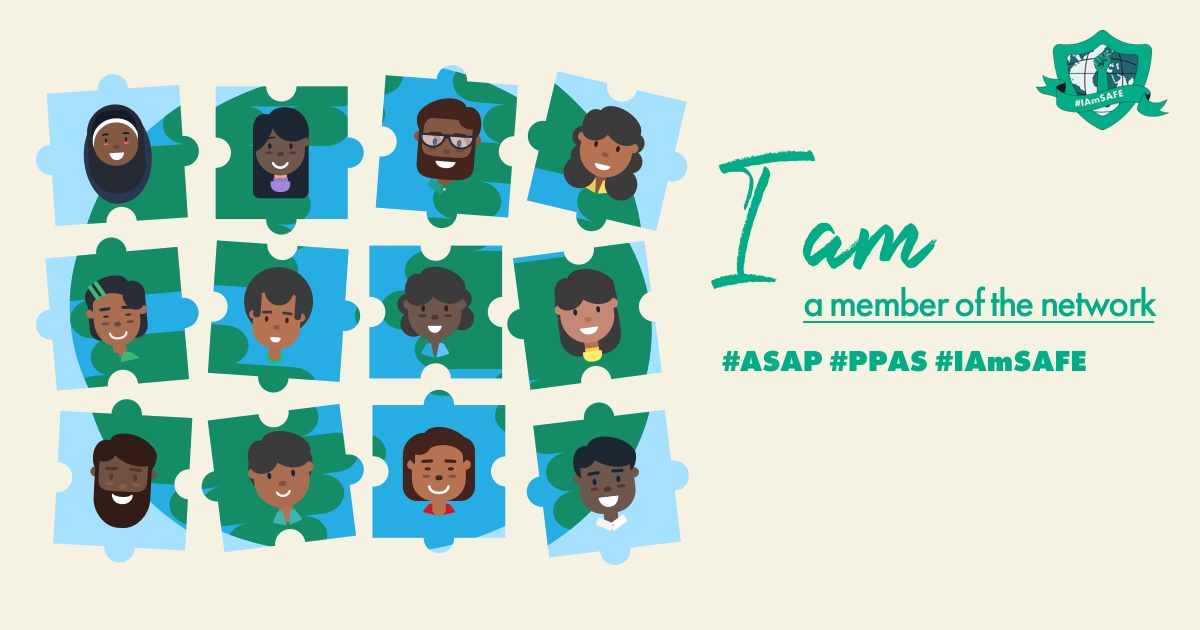This September 28th marks the World Day for the Right to Abortion. On this occasion, we interviewed Mariam Nonguierma, President of the Board of Directors of the Community Action for the Promotion of Sexual and Reproductive Health in Burkina Faso (CAPSSR-BF). In this interview, she provides insights into safe abortion, sexual and reproductive health, and contraceptive methods as means to prevent pregnancies
Sidwaya (S): What is Safe Abortion (ISG)?
Mariam Nonguierma (M.N): Safe abortion is considered secure when performed by a qualified individual with the necessary skills and information, all within an appropriate environment
S: In Burkina Faso, abortion is a practice restricted by law except in certain cases (rape, incest…). What are your thoughts on the Burkinabe legislation regarding this matter?
M.N: According to Article 513-13 of the 2018 Penal Code: ‘Voluntary termination of pregnancy may be performed at any gestational age if a doctor attests, following examinations, that the continuation of the pregnancy jeopardizes the woman’s health or if there is a strong likelihood that the unborn child will suffer from a disease or disability of particular seriousness recognized as incurable at the time of diagnosis.’ Article 513-14 further states: ‘In cases of rape or incest, if the material distress is established by the public prosecutor, a pregnant woman may request termination of her pregnancy from a doctor within the first fourteen weeks.’ The Burkinabe legislation is clear on this matter: if a woman falls into one of the mentioned cases, she can request a safe abortion only if she wishes to do so. However, the material distress must be proven in cases of rape or incest by the public prosecutor. Additionally, only a doctor can recommend safe abortion in cases where the mother’s life is at risk, or there are fetal malformations, etc.
S: This year, the World Day of Safe Abortion is themed ‘Abortion in Times of Uncertainty.’ Why was this theme chosen?
M.N: We are living in a global context of upheaval. In Burkina Faso, particularly, it’s a year of resilience with humanitarian, security, and health crises linked to COVID-19. Worldwide, wars, climate change, and economic crises don’t paint a positive picture of the situation. This year’s theme will allow us to assess and see how to bounce back from what we’re experiencing.
S: According to some human rights advocates, whether safe or not, abortion is a violation of the right to life. Do you share this opinion?
M.N: Everyone is free to express their opinion on the matter with the arguments they have. However, it’s important that people have accurate information on this issue.
S: Isn’t contraception a means to prevent these pregnancies contracted during times of uncertainty?
M.N: Indeed! If there’s a pregnancy, it means that providers have failed with contraception. Hence the awareness campaigns and the regular Family Planning weeks organized in Burkina Faso.
S: Many young girls lose their lives during times marked by wars, humanitarian crises, invasions… due to clandestine abortions. Isn’t promoting contraception a solution to this tragedy in many countries around the world?
M.N: Ideally, yes. The population during these difficult times should be informed about sexual and reproductive health issues. Legislated cases should be directed to competent services, and the community should be involved in promoting family planning.
Interview conducted by
Abdel Aziz NABALOUM

